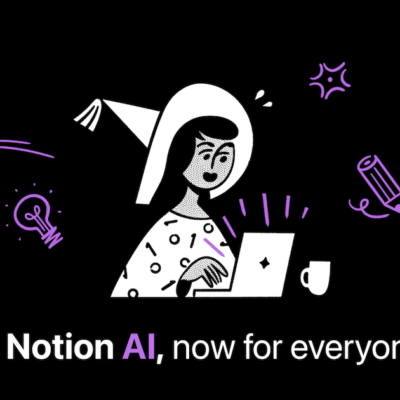Machine learning is a form of artificial intelligence that allows computer systems to learn and improve from experience without being explicitly programmed. In recent years, the use of machine learning algorithms has become increasingly popular in the world of business. By analyzing large amounts of data and identifying patterns, these algorithms can be used to optimize various aspects of a business. In this article, we will explore the use of machine learning algorithms for business optimization and discuss the benefits they can provide.
Identifying Patterns and Trends
One of the primary benefits of using machine learning algorithms is their ability to identify patterns and trends in large datasets. By analyzing data from various sources, these algorithms can uncover insights that would be difficult or impossible for humans to identify.
For example, a business might use machine learning algorithms to analyze customer data and identify patterns in their purchasing behavior. By understanding these patterns, the business can develop targeted marketing campaigns and tailor their product offerings to better meet customer needs.
Improving Predictive Analytics
Machine learning algorithms can also be used to improve predictive analytics. By analyzing historical data and identifying patterns, these algorithms can predict future outcomes with a high degree of accuracy.
For example, a business might use machine learning algorithms to analyze sales data and predict future sales trends. This information can then be used to optimize inventory levels, adjust pricing strategies, and make other business decisions that will help the business stay ahead of the competition.
Reducing Human Error
Another benefit of using machine learning algorithms for business optimization is the reduction of human error. By automating various tasks and processes, these algorithms can help businesses avoid costly mistakes that might otherwise occur.
For example, a business might use machine learning algorithms to analyze financial data and identify potential fraud. By automating this process, the business can quickly identify and address any fraudulent activity before it has a significant impact on the business.
Streamlining Operations
Machine learning algorithms can also be used to streamline various operations within a business. By automating repetitive tasks and optimizing workflows, these algorithms can help businesses save time and money.
For example, a business might use machine learning algorithms to optimize their supply chain. By analyzing data from various sources, these algorithms can identify bottlenecks in the supply chain and suggest ways to improve efficiency and reduce costs.
Enhancing Customer Experience
Finally, machine learning algorithms can be used to enhance the customer experience. By analyzing customer data and identifying patterns, these algorithms can help businesses better understand their customers and provide them with a more personalized experience.
For example, a business might use machine learning algorithms to analyze customer feedback and identify areas where they can improve their products or services. By addressing these issues, the business can improve customer satisfaction and loyalty.
Conclusion
In conclusion, the use of machine learning algorithms for business optimization can provide a wide range of benefits. By analyzing large amounts of data and identifying patterns, these algorithms can help businesses make more informed decisions and stay ahead of the competition.
From improving predictive analytics and reducing human error to streamlining operations and enhancing the customer experience, the applications of machine learning algorithms are virtually limitless. As the technology continues to evolve, it is likely that we will see even more businesses adopting these algorithms to optimize their operations and gain a competitive edge.







